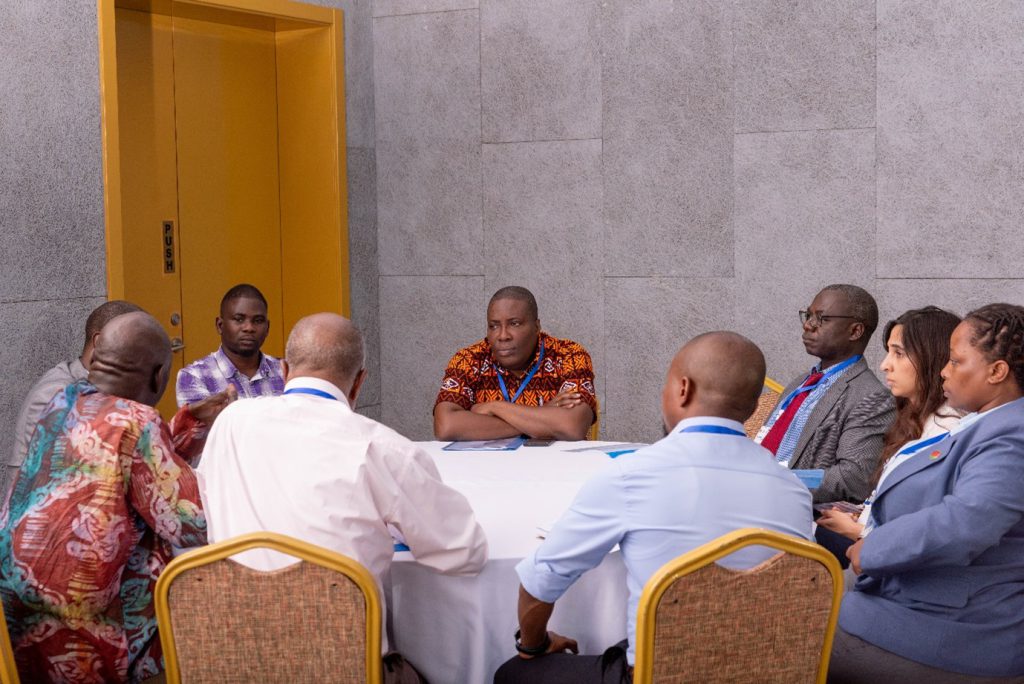A Convening of policymakers, HIV focused Civil Society Organizations and other experts on Sustainable HIV Prevention Initiative, which was held in Lilongwe on 18-19 February 2025 at the BICC, discussed and showcased examples of how they were integrating HIV prevention initiatives into the mainstream health systems and shared insights on the key facilitators of success and the barriers that needed to be addressed. Eleven countries were represented: Malawi, Tanzania, Kenya, South Africa, Zambia, Uganda, Zimbabwe, Lesotho, Eswatini, Nigeria and Ghana.
The delegates agreed on the importance of adopting approaches that would ensure the effective delivery of HIV prevention considering the prevailing funding landscape. These included: decentralization of HIV service delivery alongside the broader health services to ensure sustainability and community ownership; integration of HIV prevention into routine health service delivery to ensure efficient and sustainable use of health workers, health commodities and infrastructure; multisectoral involvement; community empowerment; government leadership; increasing domestic funding; and a holistic approach to integration focusing on all health system blocks that includes service delivery, health workforce, supply chain, health information management, health financing, leadership and governance.

Dr Beatrice Matanje, NAC CEO facilitated a brainstorming session on the impact of changes in U.S. foreign assistance on HIV programs and what actions ought to be taken by Governments in response. During the discussions, it was noted that the countries were affected differently, with some common areas including the health workforce in terms of numbers and skills; data systems in terms of personnel and management of the equipment and databases; laboratory systems in terms of personnel and equipment; key population (KP) programming in terms of shutting down of drop-in centres and inadequate capacity of public health facilities to provide KP-focused services. It was encouraging to note that all eleven countries had started implementing contingency plans to sustain HIV service delivery.
The brainstorming session agreed on the urgent need for governments and civil society organisations to work together in identifying sustainable national priorities for HIV prevention and to redouble efforts to embed core prevention functions into the existing health systems.

Leave a Reply